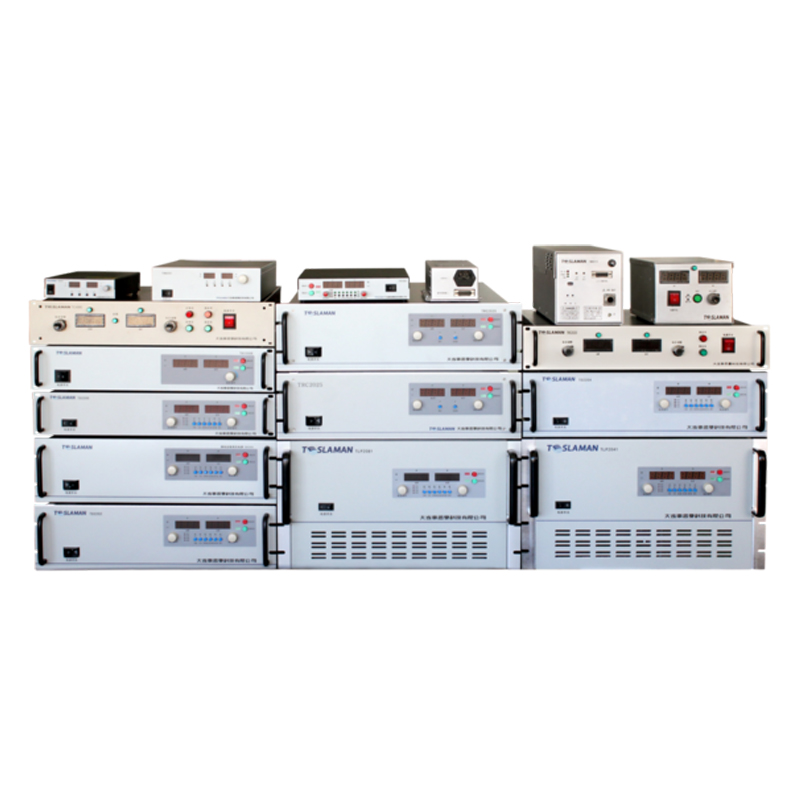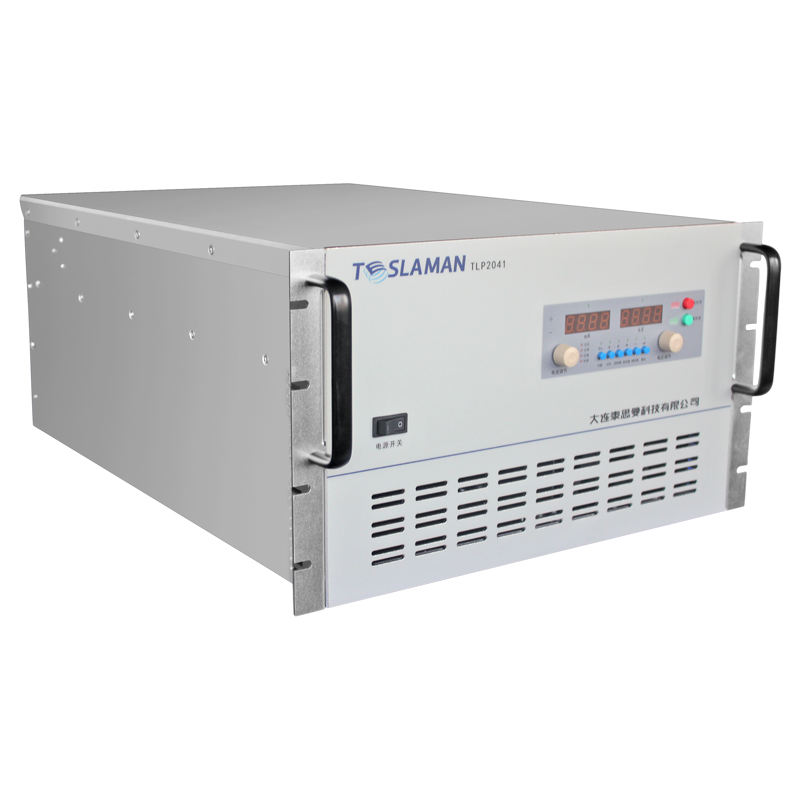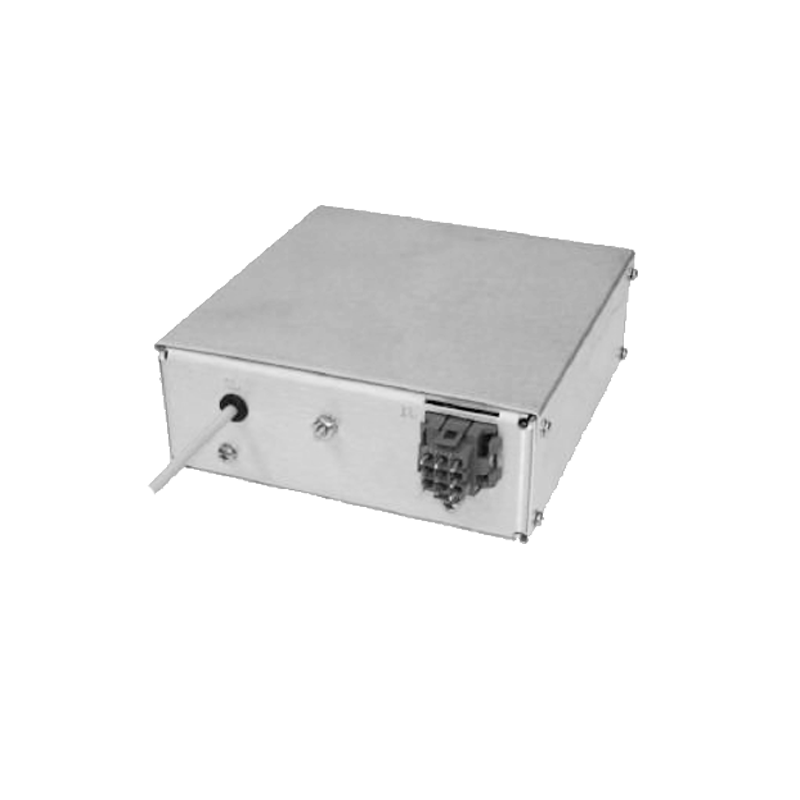Ion Screening Efficiency of High Voltage Power Supplies in Mass Spectrometers
In the field of modern analytical chemistry, the mass spectrometer is a powerful analytical tool capable of accurately determining the molecular weight and structural information of compounds. Among the many key components of a mass spectrometer, the high voltage power supply plays a pivotal role in the ion screening efficiency.
The operation of a mass spectrometer is based on the use of electric and magnetic fields to separate ions according to their mass to charge ratio (m/z). The high voltage power supply is responsible for generating a stable and precise electric field during this process, guiding the movement of ions and enabling screening. When a sample is ionized, the resulting ion beam enters the mass analyzer of the mass spectrometer. At this time, the high voltage power supply creates an electric field of a specific intensity within the analyzer. Ions with different mass to charge ratios will be accelerated or deflected to different degrees in this electric field. For example, ions with a smaller mass to charge ratio will accelerate more rapidly under the same electric field, and their trajectories will differ from those of ions with a larger mass to charge ratio. Through a cleverly designed electric field distribution, ions within a specific mass to charge ratio range can accurately reach the detector, thus completing the ion screening.
The ion screening efficiency is affected by various factors. Firstly, the stability of the output voltage of the high voltage power supply is of utmost importance. Even the slightest voltage fluctuation can cause instability in the electric field strength, leading to deviations in the ion trajectories within the analyzer and thus reducing the screening efficiency. For instance, if the voltage suddenly increases, the acceleration of ions will be abnormal, and some ions that should have been screened out may deviate from the normal path and cannot be accurately captured by the detector. Secondly, the response speed of the high voltage power supply also affects ion screening. In the analysis of complex samples, it may be necessary to frequently switch between different electric field conditions to screen ions with different mass to charge ratios. If the high voltage power supply responds slowly and cannot adjust to the target voltage value in a timely manner, the opportunity for effective screening of specific ions will be missed.
To improve the ion screening efficiency of high voltage power supplies in mass spectrometers, technicians have taken a series of measures. On the one hand, advanced voltage stabilizing technologies are adopted in power supply design, such as high precision feedback control systems. By continuously monitoring the output voltage and comparing it with the preset stable value, once a deviation is detected, the feedback system quickly adjusts the circuit parameters inside the power supply to ensure the high stability of the output voltage. On the other hand, the response speed of the power supply is optimized by selecting high speed electronic switch components and high performance control chips. These components can quickly execute voltage adjustment commands, enabling the high voltage power supply to switch to the required voltage in an extremely short time, meeting the fast response requirements for ion screening in the analysis of complex samples.
In conclusion, the ion screening efficiency of high voltage power supplies in mass spectrometers is directly related to the accuracy and sensitivity of mass spectrometry analysis. By continuously optimizing the performance of high voltage power supplies, improving the stability and response speed of their output voltages, the ion screening efficiency can be effectively enhanced. This helps mass spectrometers to exert their powerful analytical capabilities in a wider range of fields, providing more accurate and efficient analytical means for many industries such as scientific research, medicine, and environmental monitoring.




















